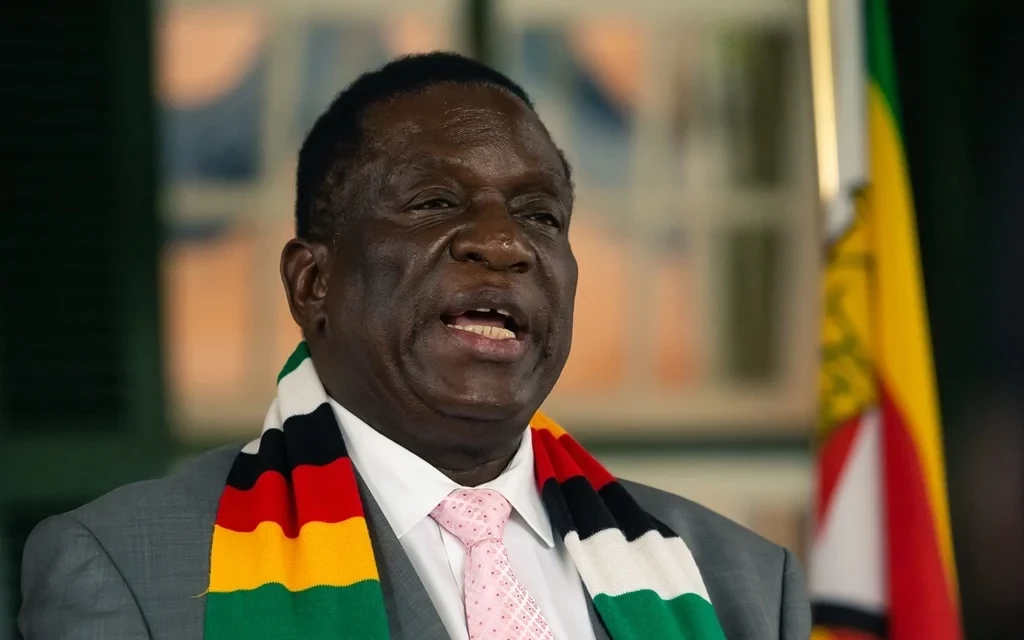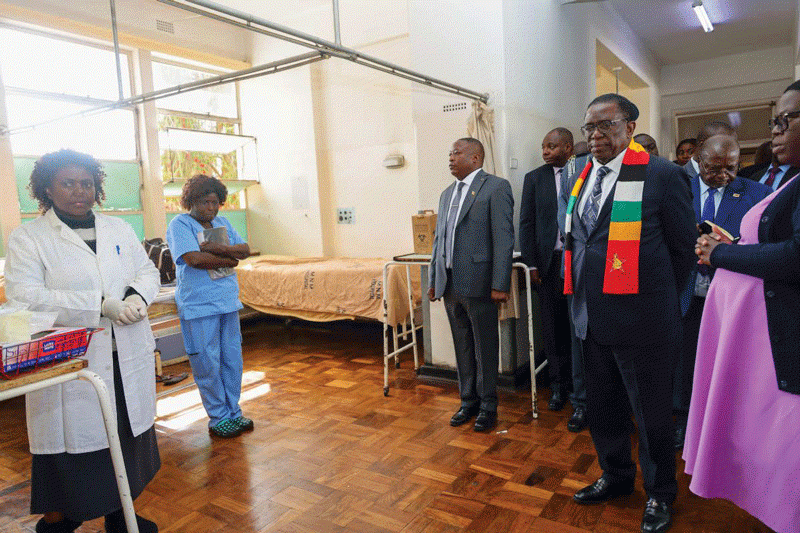
But Sabeta’s debut album in 2000, Coup D’Etat, which preached black consciousness and the quest for mental emancipation, set him as one of the pioneers of urban hip-hop locally. The album, which was also released completely in Shona under the title, Mfecane, hit the airwaves with a bang and his musical video of Mau Mau received a lot of playtime on television.
Arguably Zimbabwe’s foremost conscious lyricist, Sabeta, who had taken a break from music, has now repackaged himself, changed his stage name to Tarambanapo and teamed up with singer Mushumi aka Soko Murehwa to form a new hip-hop group called Super Magamba as well as launch a music recording company called Marcus Garvey Records. The group recently launched two albums titled Shasha Dzengoma and Boyz Dzemujecha: The Mix Tape.
The songs on the Shasha Dzengoma album are mainly renditions of popular old songs in Zimbabwe such as Chachimurenga, Mugove, Soweto, Ngivulele and Tanga Wandida, all touched up to give the songs a danceable club feel.
The second album, Boyz Dzemujecha: The Mix Tape, is a mélange of R&B, sungura, hip-hop and dancehall and consists of an eclectic mix of sounds. The themes of the songs focus on a range of issues from love, border-jumping and how to make money in a non-corrupt manner.
“The songs on the album refer to current reality — these are the things that I see around me. I have seen fellow brothers and sisters suffering in South Africa. It touched me and I kind of wanted to talk about it and bring it to the public light.
In an interview with Stand-ardLife&Style, Tarambanapo dismissed the little regard that hip-hop has within local musical circles, adding that he was not at all ashamed to be associated with the musical genre.
“I grew up on a musical feast of hip-hop — I didn’t choose hip-hop, hip-hop chose me. Hip-hop was the only real form of expression that could allow you to talk about things as they really are. I found that attractive,” he said.
- Chamisa under fire over US$120K donation
- Mavhunga puts DeMbare into Chibuku quarterfinals
- Pension funds bet on Cabora Bassa oilfields
- Councils defy govt fire tender directive
Keep Reading
On the stage name change, Tarambanapo said he is always reinventing himself.
“I am always re-inventing myself and decided that at this stage in my career I am taking a different creative direction so my name should also change to reflect that phase.
“The name Tarambanapo was actually my great-grandfather’s, and so in this way I am showing respect to my ancestors, who are the reason that I am even here today,” he said.
On why he chose to express himself through hip-hop, Tarambanapo said that the decision was not informed by a quest for material wealth. However, he said that part of the reason why hip-hop did not command big sales locally was because hip-hoppers had not done enough to produce quality products.
“The most important thing is to take the global sound of hip-hop and localise it so that it is relevant to Zimbabwean ears and culture. Globally, hip-hop culture has had an effect on youth, and no one can ever contain youth culture within borders,” he said.
He added that quality production, distribution and promotion — factors which presented a challenge to him on previous music projects — were essential to sell hip-hop locally.
“We all just can’t play mbira and ngoma — even Oliver Mtukudzi, who I consider to be one of the greatest Zimbabwean artistes uses the guitar and other instruments from the West, but that doesn’t mean his music is not locally appreciated,” said Tarambanapo.
Tarambanapo said that he writes lyrics that are purposely conscious because he believes that music can influence consciousness.
“I am very conscious of the way that I put down my lyrics — the way I put words together. There’s gotta be a message. I don’t want slackness — it’s not African, you can be provocative, you can push the envelope but there’s a thin line where you can easily become offensive. I am still African and will never escape it,” he said.
“Music’s gotta have a message and meaning to it. The purpose is to say something otherwise I would just shut up.”











